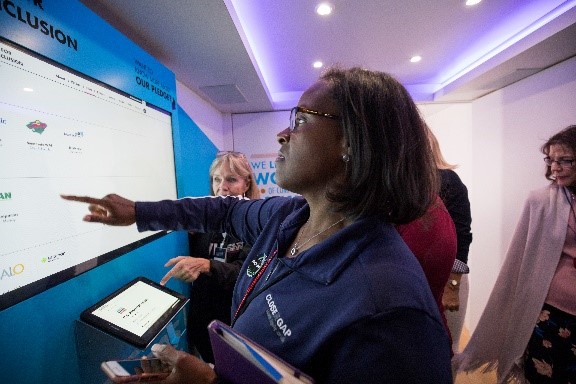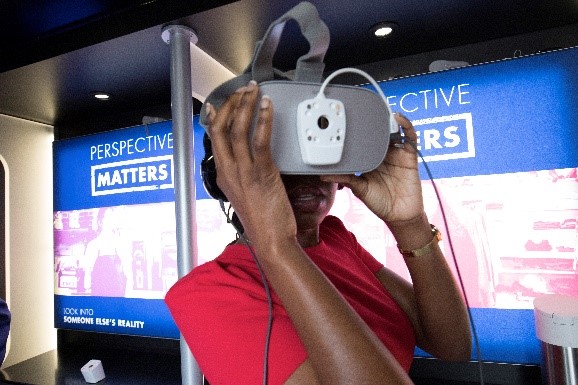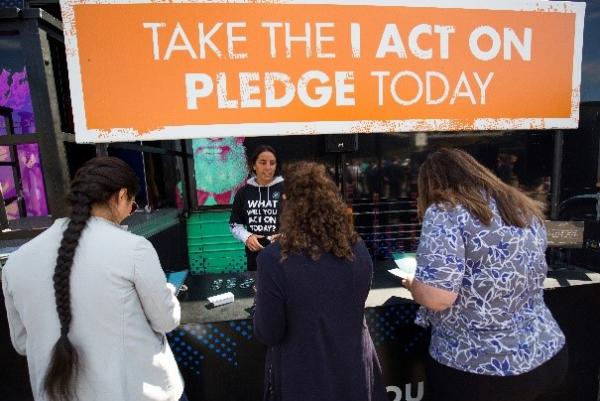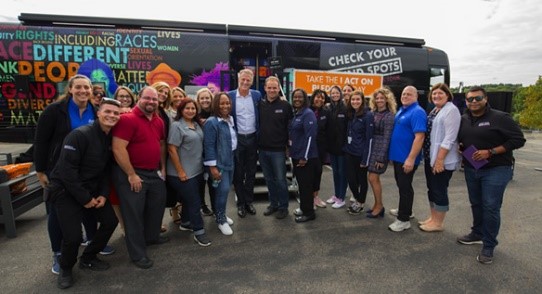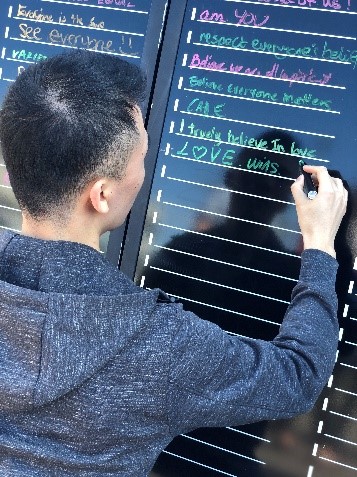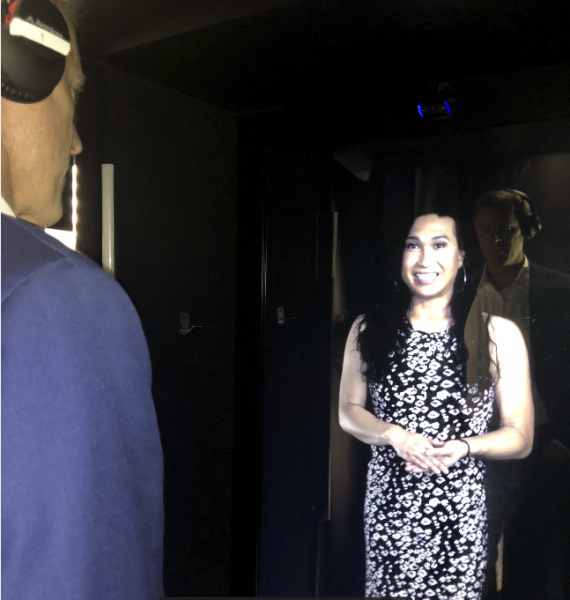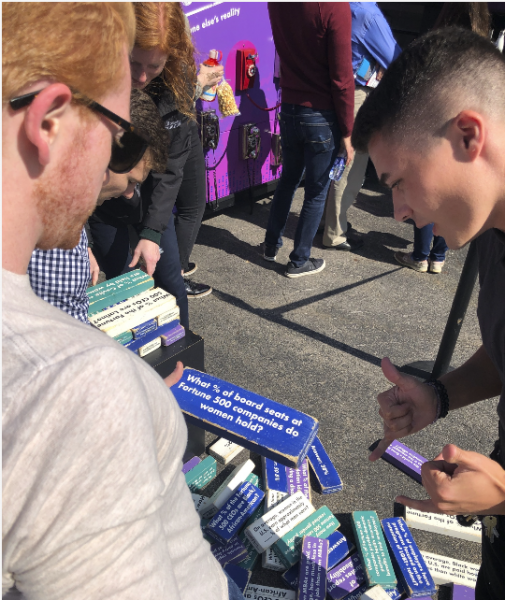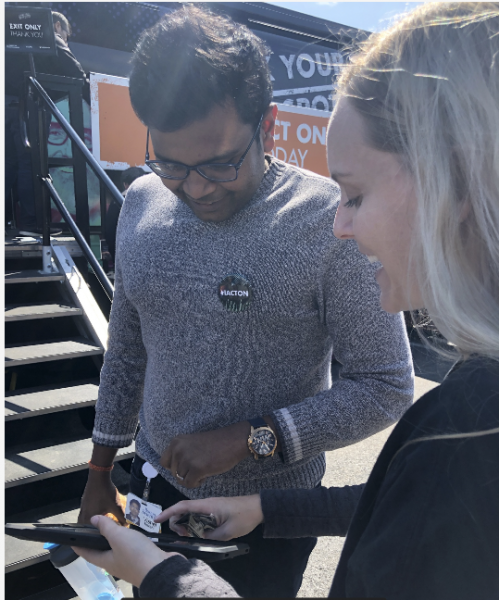Examining Our Blind Spots to Embrace Our Differences
By Shani Bird, Senior Consultant, Diversity and Inclusion
Research tells us that the majority of our decisions stem from unconscious mental activity. This means that the choices we make in everyday life can be influenced by our blind spots or unconscious biases we’re not knowingly aware of. These blind spots, which we all have, affect how we perceive others and how we behave.
An important step to fostering diversity and inclusion is recognizing these biases so we can learn from and celebrate our differences. At Boston Scientific, we recently hosted the CEO Action for Diversity & Inclusion™ initiative at our Marlborough campus with its “Check Your Blind Spots” mobile bus tour. Through virtual reality scenarios and interactive games, more than 270 employees boarded the bus to explore ways to understand and mitigate unconscious bias.
I virtually experienced what it would be like to be an African-American man going to a football party in his own neighborhood. A woman next door called the police to find out if I really belonged in that neighborhood. It was jarring to see the police officer walk directly toward me and to experience the neighbor’s visible discomfort, merely because I was an African-American man.
In another activity, I stood face-to-face with an interactive, floor-to-ceiling media screen. As I looked at a reflection of myself, the reflection back showed me someone with a disability and I listened to the unconscious biases she encounters on a daily basis. When the reflection changed, I listened to a Muslim-American woman share her experience of constant discrimination.
It brought tears to my eyes to hear these individuals speak their truths and to actually step into someone else’s reality. I was able to reflect on the unconscious biases that I’ve experienced and understand how important it is for all of us to be more intentional in every interaction we have.
Some of my colleagues enjoyed the “What’s Your Circle of Influence?” activity because it gave them the chance to see that by diversifying their networks they could better manage their unconscious biases. Another colleague appreciated the “Spot the Bias” activity for demonstrating, in a non-threatening and healthy way, how we all have biases.
Giving someone the opportunity to consider life from another person’s perspective has a ripple effect because emotional experiences that touch the heart trigger changes in mindset and behavior. I’m excited to see how this tour will help people recognize their own biases so we can be more open to learn from and embrace our differences.
The “Check Your Blind Spots” tour is created by the CEO Action for Diversity & Inclusion™, the largest CEO-driven business commitment to improve diversity and inclusion within the workplace in the country. Our Chairman and CEO Mike Mahoney, along with more than 700 other CEOs, is a member of this coalition to cultivate professional environments where diverse experiences and perspectives are welcomed. I’d like to send a special thank you to Olivia Truax, D&I Consultant, who was tenacious in her efforts to bring the “Check Your Blind Spots” bus to the Marlborough campus. To learn more about how Boston Scientific is addressing unconscious bias in the workplace, read this Q&A with our VP of HR and Global Chief Diversity Officer, Camille Chang Gilmore.
